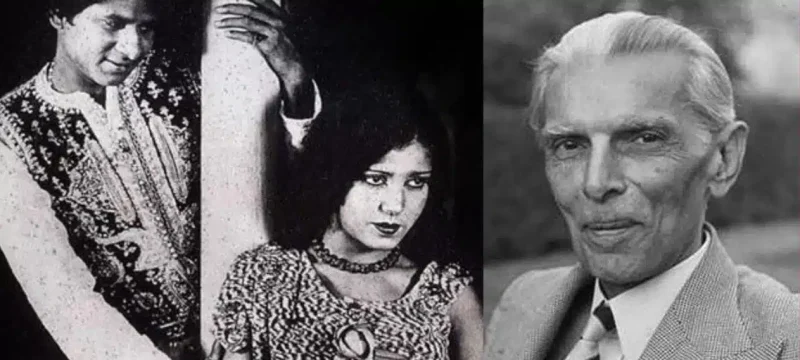The transition from silent films to talkies marked a monumental shift in Indian cinema history, as narratives came to life with the introduction of spoken word. While the world had already witnessed the emergence of talkies with films like The Jazz Singer, India embarked on its own journey to create cinematic wonders. Amidst this transformation lies the lesser-known role of Muhammad Ali Jinnah, who played a pivotal part in shaping the destiny of Indian cinema.
According to a recent article by The Indian Express, Pakistan’s founding father was instrumental in a legal battle that paved the way for the release of the first Bombay talkie, Alam Ara, in 1931. Inspired by the potential of sound in cinema, filmmaker Ardeshir Irani set out to create India’s inaugural production with synchronized sound, following the success of the 1930 film Show Boat.
However, the path to Alam Ara was riddled with challenges, particularly a casting dilemma that threatened to derail the project. Enter Master Vithal, a renowned actor in silent cinema, sought after by both filmmakers and audiences. Despite his merits, contractual obligations with Sharada Studio posed a hindrance to his involvement in Alam Ara. When Sharada Studio filed a lawsuit against Vithal after his enlistment by Irani, the actor turned to Jinnah for legal aid, seeking freedom to participate in Irani’s ambitious project.
Alam Ara, featuring an ensemble cast including Zubeida and Prithviraj Kapoor, marked a significant milestone in Indian cinema’s history. However, the film’s journey was not devoid of challenges, evident in Master Vithal’s struggles with dialogue delivery, reflecting the nascent stages of this art form. Nevertheless, as the film celebrates its 93rd anniversary, its release remains a watershed moment that laid the foundation for Indian cinema as we know it today.
The significance of Jinnah’s involvement in cinema extends beyond Alam Ara. In a letter discovered in 2013, Jinnah expressed keen interest in the film industry, emphasizing the importance of Muslim participation. Despite the industry’s decline in Pakistan since the separation of East Pakistan and the rise of VCR, Jinnah’s letter serves as a reminder of his vision for a flourishing film industry. Yet, successive governments have neglected the industry, failing to acknowledge its potential and provide necessary support, leaving Pakistani cinema in a state of disarray and devoid of official attention, including in film education.









